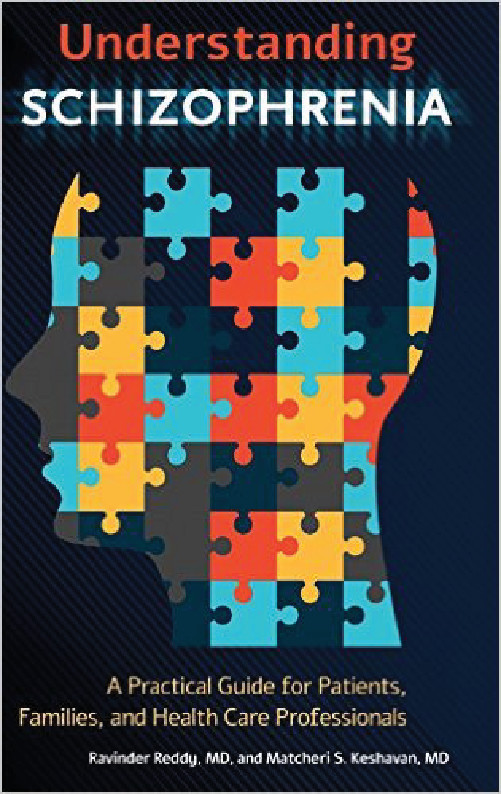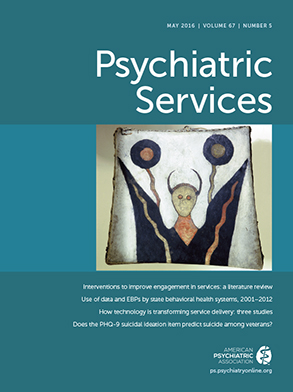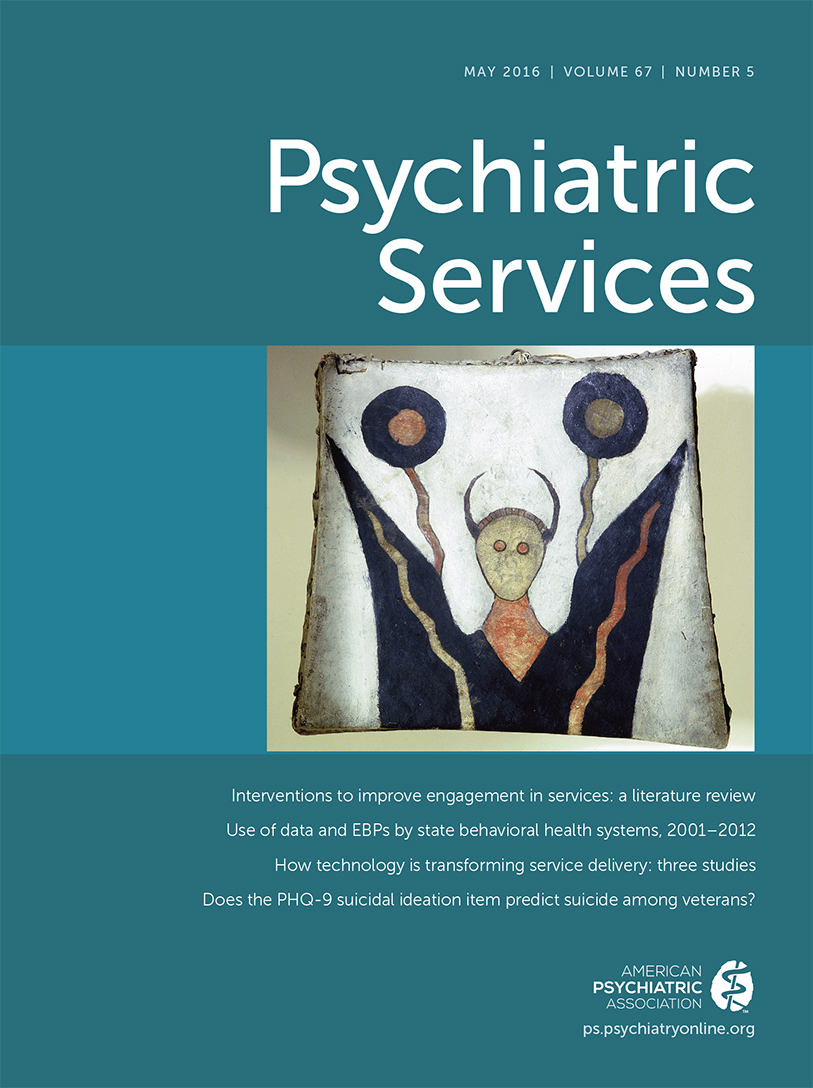Knowledge concerning the various aspects of schizophrenia has been developing rapidly recently. Keeping up with this multifaceted progress can be a challenging task. Understanding Schizophrenia goes a long way toward producing a much-needed book in this vein. The authors have skillfully integrated relevant research findings and translated them into plain English for meaningful communication to persons with the illness and their family members.
The authors of this valuable volume are highly respected psychiatrists who have many years’ experience working with schizophrenia and other serious mental illnesses. Dr. Reddy is an adjunct professor at the University of Pittsburgh School of Medicine and has written and contributed to numerous publications, including
Schizophrenia: A Practical Primer and
Fatty Acids and Oxidative Stress in Neuropsychiatric Disorders. Dr. Keshavan is Stanley Cobb professor and vice-chair for public psychiatry at Deaconess Medical Center, Harvard Medical School. He has also produced numerous publications about schizophrenia and other serious mental illnesses. Some other recent volumes authored by psychiatrists for families and consumers address a broader spectrum of mental disorders (
1–
3). Reddy and Keshavan, however, limit their discussion to schizophrenia. In doing so, the authors provide an overview of our current understanding of the disorder and address recent developments in the study of schizophrenia, including discussion of such rapidly developing topics as genomewide association studies, epigenetics, optogenetics, the National Institute of Mental Health’s Research Domain Criteria (R-DoC), and other innovative, related areas of endeavor.
The book contains 18 brief chapters, followed by a glossary, an index, and appendices containing helpful lists of commonly used antipsychotic medications, a brief history of schizophrenia, recommended resources, and examples of helpful forms and lists.
From the beginning, the authors make clear that in many cases persons with a diagnosis of schizophrenia can lead a normal life, depending on appropriate treatment and the seriousness of the condition. Throughout the text they reaffirm that the traditional Kraepelinian view—that one cannot recover from schizophrenia—is no longer accepted, at least not for everyone with this disorder.
The volume provides practical, up-to-date information that should be helpful to anyone affected by, or otherwise interested in, schizophrenia. A particularly helpful feature is that the authors provide short, bulleted summaries at the end of each chapter. Also, the authors provide helpful mnemonic devices throughout the book. For example, the listing of coping skills is characterized as being related to the “4 S’s”: speech problems, social skills, symptoms, and stigma. Similarly, the negative symptoms are said to be represented by the “5 A’s”: alogia, affective blunting, avolition, anhedonia, and asociality.
I was interested to see discussion of the possible positive role of free radicals and antioxidants, such as vitamins C and E, glutathione, and coenzyme Q (CoQ10), in managing schizophrenia. However, in their mention of these items, the authors caution that in their opinion there is only minor evidence for the efficacy of such supplements.
Although the authors’ overall framework for discussion tends to be heavily influenced by a biological perspective, I was pleased to see included an overview of psychological and rehabilitative approaches, which they indicate have until recently been considered to be only an “afterthought.” Supportive psychotherapy, psychoeducation, cognitive-behavioral therapy, and cognitive enhancement therapy, as well metacognitive and mindfulness-based therapies, are all characterized in a favorable light.
The chapter on crises includes a section on working with law enforcement, which provides several helpful suggestions. However, I was disappointed that there was no mention of crisis intervention teams, an increasingly important program where police and other first responders are trained to address calls involving persons with mental illness.
In summary, this short volume provides an excellent overview of recent progress concerning our current understanding of schizophrenia. The book is easy to read and conveys a plethora of valuable suggestions and helpful guidance for persons living with schizophrenia, their family members, and others who want to learn more about this condition, which has so often been portrayed as a mysterious and devastating disorder from which few were able to recover.


